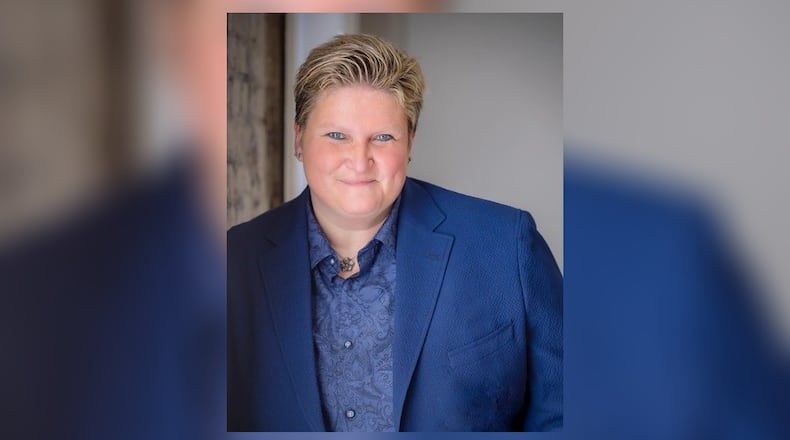Have you ever been in a crowded room and still felt completely alone? That is loneliness. And as humans, it’s one of the toughest feelings and emotions we can have. If you look at Maslow’s Hierarchy of Needs, Love and Belonging is at the center of the pyramid, and not by accident.
We seek connection. It’s how our brains are wired. And neuroscience tells us that when we agree with someone, liking the same music or sports team, or agree on what the best movie of the 80s was (…Obviously, The Breakfast Club), the neurons in the sensory part of our brain fire together in what is called Neural Coupling or Synchrony.
This practice makes us feel connected, seen, listened to… It is what makes us feel like we aren’t meant to do this alone. And it is what helps us to lean on each other when we need to. Connection is real, tangible stuff, and it’s the way to make sure your family, friends and teams are feeling seen and listened to as well.
When that synchrony doesn’t happen, the cognitive disharmony that occurs wreaks havoc on our brain, causing it to light up all over the place in search of connection. And what happens is automatic disconnect. This leads to us feeling lonelier, more on our own, and more isolated. It’s also exhausting.
Think about being somewhere where your phone has no service, and you see it constantly spinning and searching. Your battery drains faster when it constantly must work hard to connect. So do you. This is why we naturally avoid difficult conversations. The brain perceives it as hard work.
In November of 2019, I was studying the topic of loneliness leading up to my last TEDx talk, and how it is affecting us even in the workplace. My topic was centered on loneliness and how community and connection will save us. I had no idea that in just a few short months, we would be asked to stay apart on purpose. That connection, as we knew, it would look so different, but many chose to explore new ways to stay connected.
Thankfully, we had Facebook and Instagram to keep up with the lives of our friends and family when we couldn’t see them in person. I have been a long-time member of a Mastermind Facebook group of speakers, consultants and coaches who all have one thing in common… we want to make a difference in the world, and we know we aren’t meant to do it alone. The camaraderie, the never-ending list of ideas and suggestions in figuring it out when running your own business gets hard is invaluable. I strongly believe that if I didn’t have the opportunity to connect in such groups, my business would not have grown the way it did over these last four years. I have felt seen and listened to in ways that I never knew existed virtually. This kind of connection is what gets us through the most disconnected times. Even when we can’t be together in person.
I realize now how important this conversation is. Not just in our living rooms, but in our boardrooms, locker rooms and classrooms all over the globe. Together, we can build strong cultures of belonging.
Jennifer L Croneberger is the founder of JLynne Consulting Group, The HUMAN Leadership Institute, B.R.A.V.E. Human Leadership.
About the Author
